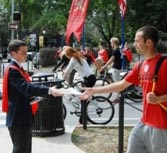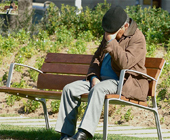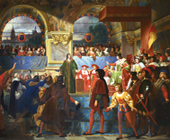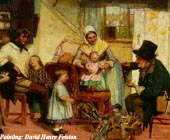Campaigning for Return to Order at Penn State
By Ben Broussard. On Monday, September 9, 2013, members of TFP Student Action visited Penn State University in State College, PA to campaign for the new book Return to Order: From A Frenzied Economy to An Organic Christian Society – Where We’ve Been, How We Got Here, and Where We Need to Go. The campaign … Read more










